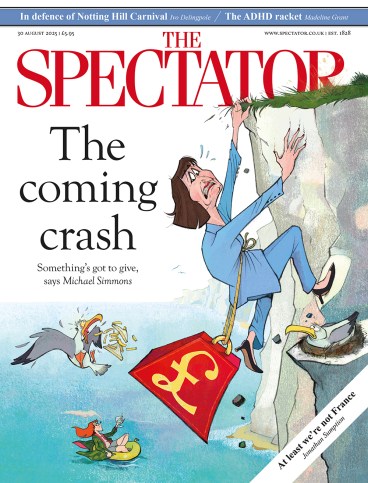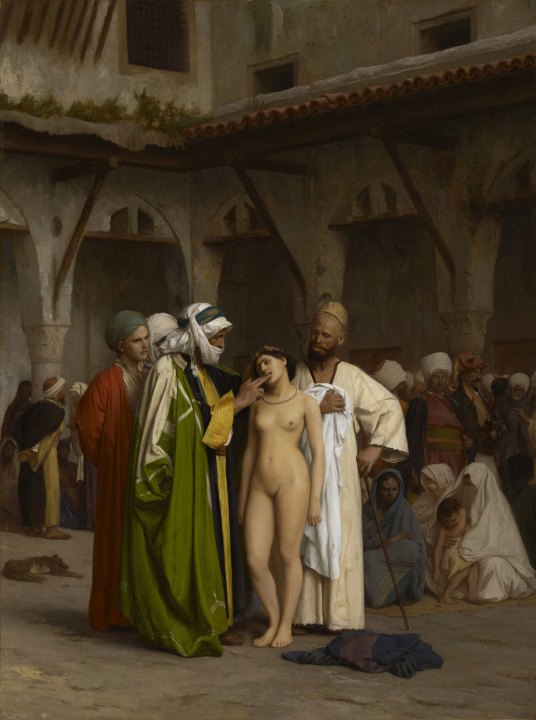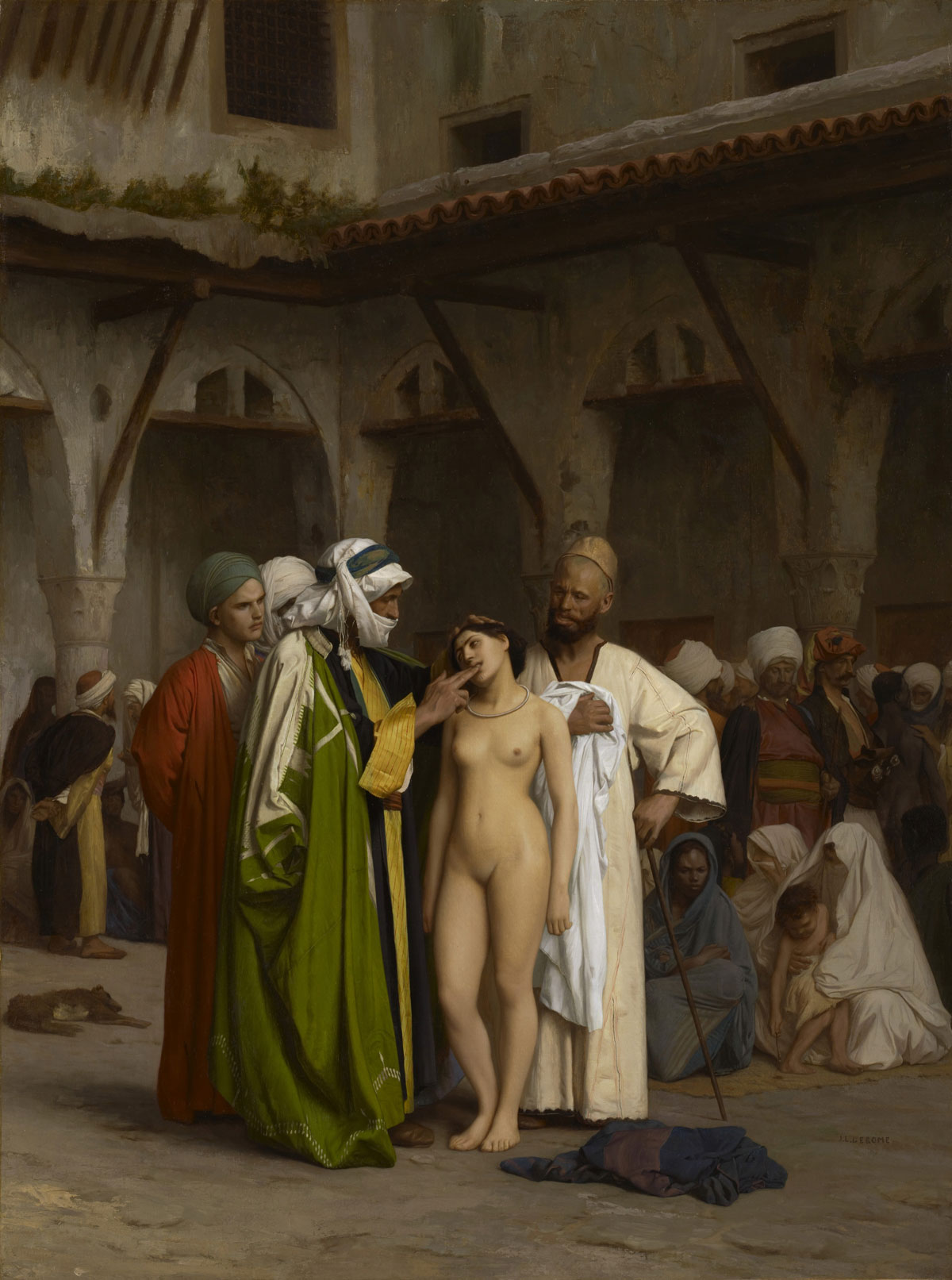
With a new history of slavery and the slave trade in the Islamic world just published, I am under strict instructions not to make any fatwa-related jokes. The Holy Trinity, if I can mix my faith metaphors for a moment, of publisher, agent and wife have advised me strongly against it. ‘No jokes about fatwas, please,’ were my wife’s exact words ahead of an appearance at Chalke History Festival. ‘No one finds them funny.’ I disagree. They can be extremely funny. But on balance it may be wisest to err on the side of caution.
After three weeks in the curiously bland Nigerian capital of Abuja, much of it holed up in my hotel putting together the latest issue of the Bristol Owners’ Club Bulletin, a scintillating car magazine celebrating this great British marque, a dash to Istanbul. With the Islamist Sultan Erdogan in the ascendancy and the opposition stifled, the mood is grim, but we do our best to rally spirits over dinner with my favourite Turkish tycoon. My fault for hitting the raki too hard: on a packed tram home I am duly relieved of a large wad of lira by a light-fingered pickpocket. Hilariously, almost 40 years since my first visit to Istanbul, the Galata Bridge conmen are still plying the same shoeshine scam I encountered as a teenager. It goes like this. Shoeshine man drops a brush while walking past a tourist. Helpful tourist picks it up and rushes after him to return it. Grateful shoeshine offers to polish tourist’s shoes. Cue tear-jerking story of sick wife, general family misery and terrible poverty. Shoes are shined and the price is ten times the usual rate. Guilt-stricken tourist coughs up. Job done.
When you spend five years researching a 1,400-year history of slavery, there is no shortage of human stories. People always ask what’s your favourite. Take your pick. How about Bilal, the 7th-century Ethiopian slave who became the Prophet Mohammed’s devoted companion and Islam’s first muaddin (caller to prayer)? Or Beshir Agha, an African eunuch who rose to become one of the richest men in the Ottoman empire in the mid-18th century, albeit sans testicles? I also have a soft spot for the concubines. Arib, a beautiful chess-playing poet, singer and musician in 9th-century Baghdad, was the greatest diva of her day. She admitted to having slept with eight caliphs. Asked what she looked for in sex, Arib said that her two essential requirements were a hard prick and sweet breath. As an old woman she was once visited by two impertinent young men who asked her whether she still wanted to have sex. ‘Ah, my sons,’ she replied gamely, ‘the lust is present but the limbs are helpless.’
To Oman, once an energetic slave-trading empire. In the 19th century, the prime minister, Sulayman bin Hamad Al Busaidi, was said to have owned 30,000 slaves, who tended his 12,000 clove trees. The country only abolished slavery in 1970, so even today you hear men reminiscing about their family’s slaves. Reparations are not yet a thing in the Middle East. Perhaps they never will be. One broiling afternoon I talk to a charming man in his seventies who expresses a more common Arab attitude towards slaving in Africa. ‘Everyone criticises the Arabs for taking African slaves,’ he says jauntily. ‘What should we have done? Everyone was doing it. That was business. Without it we would have starved.’
At last. A holiday. For any wine enthusiast there is something almost mesmerising about driving through France, pitching up at villages which give their name to the most desirable wines on the planet, and listening to French viticulteurs bleating on about terroir, patrimoine mondial and the souplesse, finesse et élégance of their wines. We drop in on Condrieu, Meursault, Chassagne-Montrachet, Beaumes-de-Venise and, most exciting, Tavel in the southern Rhône, the first appellation devoted exclusively to rosé. Hold your horses, this isn’t yet another Provençal salmon-pink yawnathon. This is much more interesting, robust and frankly intoxicating than that. Here I hand over to the late, great A.J. Liebling, war correspondent, New Yorker food and boxing writer and Tavel connoisseur bar none. Not for Liebling the pale, easy-quaffing rosé, which he abhorred as ‘semi-aborted red wine’ popping up ‘like measles on the wine map’, a ‘pinkish cross between No-Cal and vinegar’. ‘Tavel,’ he writes in Between Meals, his memoir of 1920s Paris, ‘has a rose-cerise robe, like a number of well-known racing silks… The taste is warm but dry, like an enthusiasm held under restraint… With the second glass, the enthusiasm gains; with the third, it is overpowering. The effect is generous and calorific, stimulative of cerebration and the social instincts.’ We are of the same mind and bung a few cases into the Land Rover. Liebling reminds me of Paddy Leigh Fermor on retsina, another delicious and underappreciated wine: ‘One of its secrets is drinking it with unstinted abundance. Many people think that it bestows the gift of bodily health as well; a belief I accept at once without further scrutiny.’
An HMRC tax demand is a summer lowlight and perennial confirmation of my general impoverishment. As someone who has been self-employed for decades, I cannot help wondering why so many British public-sector workers still receive final salary pensions and why this is happening in a state hurtling towards bankruptcy?
Justin Marozzi’s Captives and Companions: A History of Slavery and the Slave Trade in the Islamic World is out now.








Comments